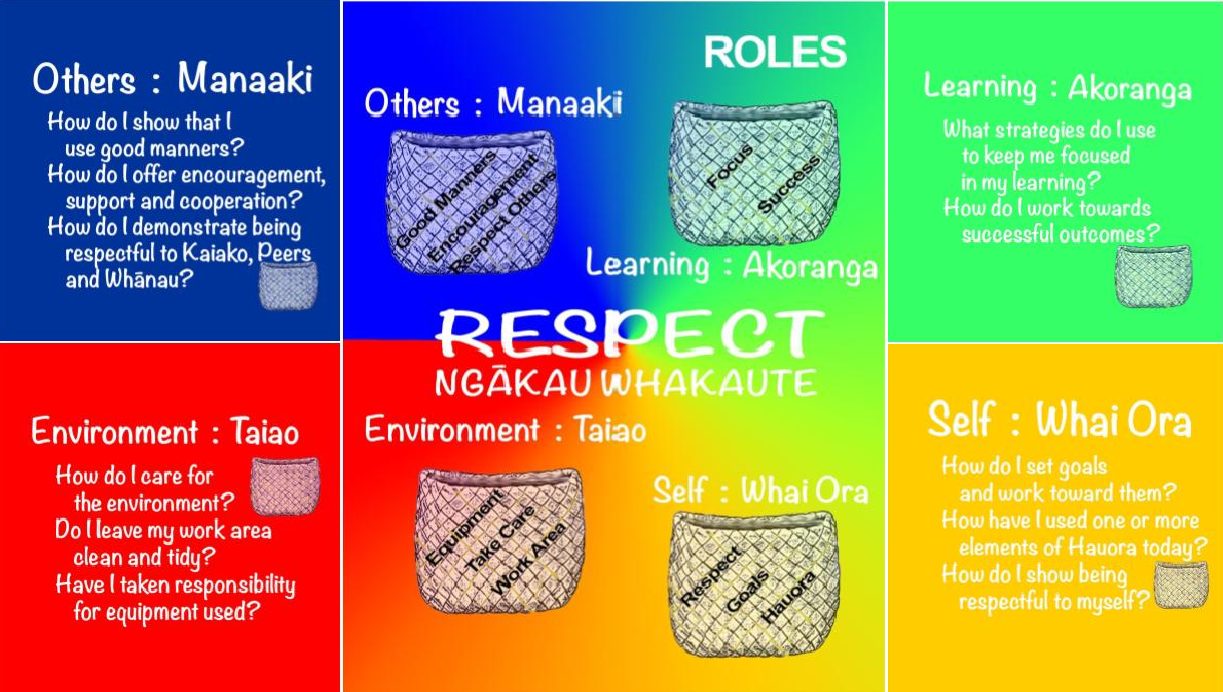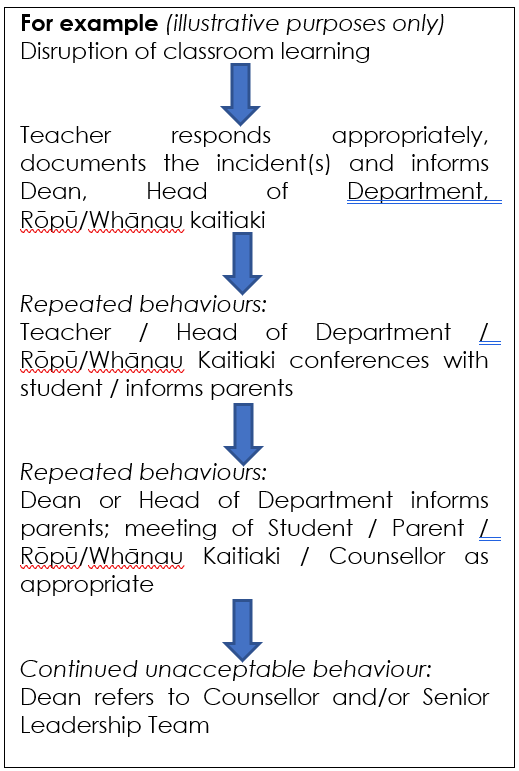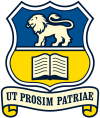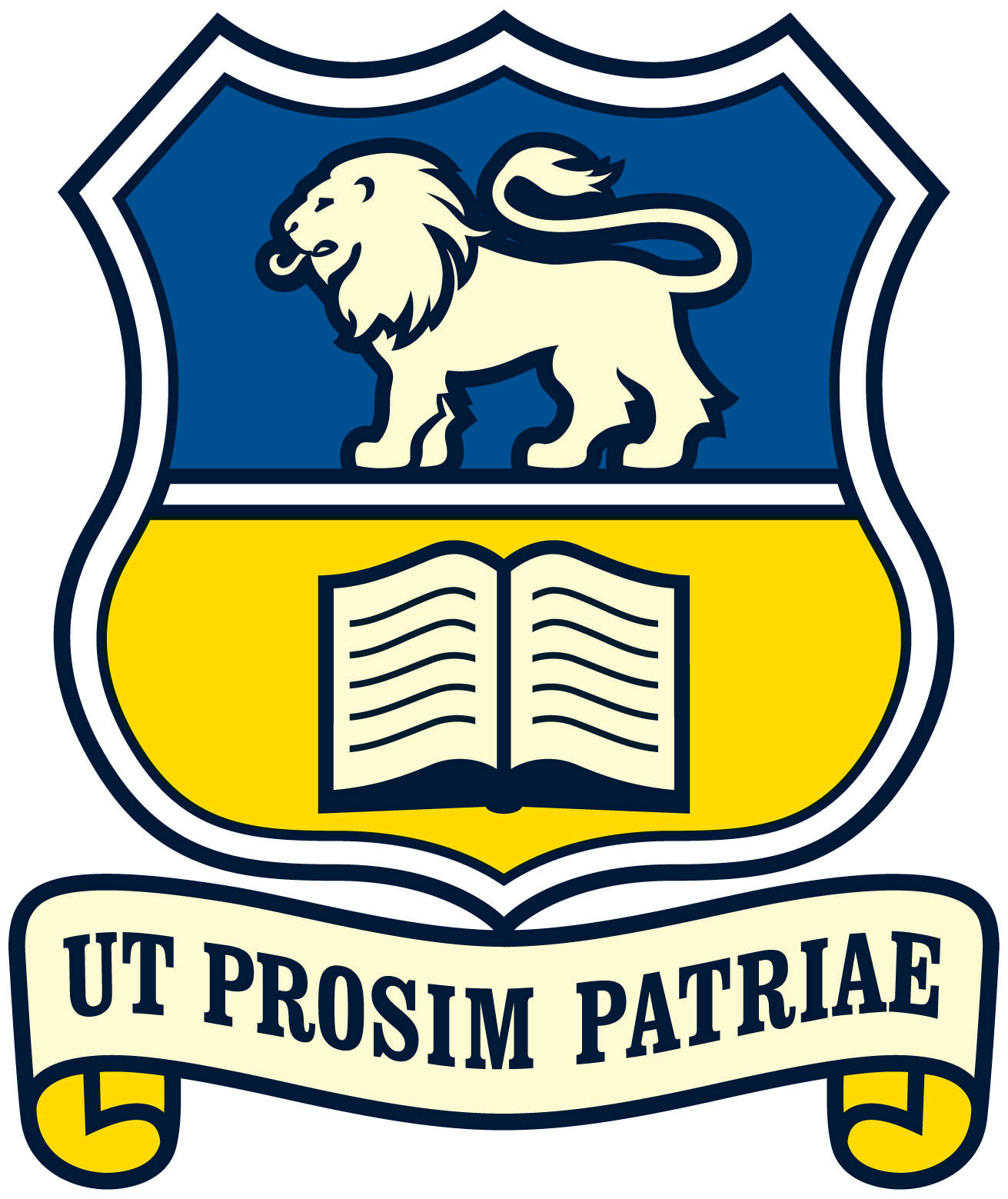Behavioural Expectations
Thames High School is committed to encouraging and acknowledging positive behaviour and responding to other behaviour in a proactive and effective manner, such that behaviour is changed.
The foundation of our behavioural expectations is encapsulated in Our Tikanga: THS R.O.L.E.S, that links expected behaviours to Our Values of Manaakitanga, Whanaungatanga and Mātauranga. Our Tikanga gives guidance about how we should all behave in different settings – everywhere 24/7 (both onsite and off-site, in the classroom and whilst involved in co-curricular activities). At the centre of Our Tikanga is Ngākau Whakaute – Respect:
Respect – Ngākau Whakaute
Others – Manaaki
Learning – Akonga
Environment – Taiao
Self – Whai Ora
When students are travelling to and from School, or representing the School, all School expectations and standards apply.
Kaiako/Teachers and other adults will explicitly teach, remind, encourage, and acknowledge positive behaviour.
Acknowledgements may include positive recognitions (merits), small rewards / draws, certificates, praise emails and other ways to show taiohi/students we recognise upholding Our Tikanga.
Thames High School has a matrix of expectations based on Positive Behaviour for Learning (PB4L).
THS ROLES – Respect for Others, Learning, Environment and Self: | |||
Others | Learning | ||
|
| ||
Environment | Self | ||
|
| ||
Responding to behaviour – consequences
Managing behaviour relies on consistently applying both our school’s behaviour plan and strategies to promote positive student behaviour. We also expect high standards of conduct from our school community, which includes modelling good behaviour for students.
At Thames High School kaimahi/staff and all adults, including relievers, coaches, and tutors etc, maintain positive learning environments and relationships with students.
We make a clear statement of acceptable and unacceptable behaviour known to all staff, parents, and students.
- All members of the school, including the students themselves, have a responsibility to recognise bullying and to take action when they are aware of it happening.
- We consistently apply our THS Pastoral Process plan in all cases of unacceptable behaviour, and endeavour to maintain the dignity/mana of the taiohi/student at all times.
- Staff manage challenging behaviour and use de-escalation techniques if a student’s behaviour is becoming out of control and/or poses a danger to themselves or others. Physical restraint is used only in an emergency, and only according to Ministry of Education physical restraint guidelines
- Individual programmes and strategies for students with behaviour difficulties are devised with parents and staff, and outside agencies if necessary, and these students may be dealt with outside the school’s behaviour plan.
- The school follows the procedures outlined by the Ministry of Education for the stand-down, suspension, or exclusion of students, in cases of extreme and persistent behaviour.
- Our school follows the same behaviour management and disciplinary procedures for international students as for domestic students. Any additional or different conditions for international students (such as around accommodation, attendance, or visa requirements) are outlined in the enrolment contract.
Parents’ concerns about student behaviour
If a parent has a concern about an incident at school, the parent should contact the school and the school will deal with the concern. The school policy is that parents should not approach other students or parents about school behavioural incidents. This also applies to incidents that occur out of school time or off school grounds but when students are still connected with the school e.g. at EOTC events, while wearing school uniform, or travelling to and from school.
Changing Behaviour
When taiohi/students behave in ways that do not reflect Our Tikanga, we must respond in such a way to change this behaviour.
Our model of responding behaviour is based on the premise that ‘all we do is behave’, and that behaviours are typically caused by something, are purposeful and contextual (i.e. vary based on the situation) and that future behaviour depends on what happens following a behaviour.
This means that behaviour may be reinforced (be more likely to happen again) or weakened (be less likely to happen) by the consequences that follow. We aim to ensure our consequences discourage unwanted behaviours and reinforce positive behaviours. This requires teaching young people new ways to behave and to address the reasons for their behaviour.
Below is a summary of the behaviours that contravene Our Tikanga.
Unacceptable Behaviour
Thames High School sets high standards and has high expectations for students in the behaviour expected. These standards will be met through personal responsibility and positive encouragement by staff and the support of caregivers.
The following list is not exhaustive and may be augmented with judgements by the Principal, Deputy Principals and School Boards, where behaviours contravene our values and expectations.
The following are behaviours that contravene Our Tikanga and therefore are unwanted:
- Disrespect for others, self, or property
- All types of verbal, physical, cyber harassment/bullying that may cause, or have potential to cause, harm to any individual or group, or any discrimination* based on disabilities, religious affiliation, race, gender, or sexuality. This includes direct, indirect, or technology-based messages that involve intimidation, teasing, taunting, threats, or name calling.
- Property misuse (includes technology misuse) – using their own or other’s property inappropriately (at the wrong time or for the wrong purpose). This includes inappropriate use of ICT (including mobile devices / phones) and / or not adhering to the CyberSafety agreement signed on enrolment to the School
- Defiance / Disobedience / Non-compliance;
- Disruption of learning of oneself or others;
- Inappropriate physical contact;
- Inappropriate language: Rude or abusive language or gestures to other students/staff/members of the public*;
- Incorrect uniform or grooming standards;
- Any clothing, symbols, language, sounds and other behaviour that relates or identifies to gangs, e.g. bandanas, signs, and language or sounds that show gang affiliations.
- No Kirpan may be worn while a student is in school uniform, at the school or at any school event. A miniature symbolic Kirpan on a neck chain may be worn provided it is not visible.
- Not having the correct materials / equipment for learning / activities;
- Being late to class (or to school);
- Dishonesty, lying, concealing or failing to tell the whole truth, including forgery;
- Truancy / being out of bounds;
- Damaging (vandalism) or stealing property (theft)*;
- Being aggressive or confrontational;
- Physical, verbal violence / assault*;
- Possession or use of items that have the potential to cause harm or damage (to people and/or property) or cause offence including (but not limited to):
- tobacco, alcohol, weapons*, lighters / matches, lasers, offensive images / media, drugs* / alcohol or other harmful substances (including synthetics)*, or replicas or substitutes for any such items or substances (that may be misconstrued as being harmful), e.g. replica weapons*, vapes, vaping cigarettes, etc., drug paraphernalia* and any items that potentially cause harm to self, others or property.
- other items that are not allowed because of the standards of respect for personal and School property includes chewing gum and permanent markers.
- Chewing gum is not allowed to be chewed at the school, since it is often discarded on the ground, carpet and desks – this is unsightly, costly to remove, and unhygienic.
- We have a zero tolerance for graffiti on school and personal property, therefore permanent markers (e.g. Vivid Permanent Markers) are not allowed. Items such as bags, pencil cases and exercise books must not be ‘tagged’ in any way as this is unsightly and may encourage a culture of tagging.
* These behaviours also contravene NZ Law and will be treated as Serious Misconduct.
No taiohi/student should be using, possessing, or under the influence of drugs, alcohol, or harmful substances at any time while under the school’s jurisdiction. If a staff member believes that a student is breaching this policy, the student will be referred to the principal who considers the breach, guided by the school’s behaviour management plan and the Stand-down, Suspension and Exclusion Procedures. Parents will be notified, as well as the appropriate authorities.
The school may offer, or organise, appropriate support and guidance, negotiated with the student’s parents.
Consequences for unwanted behaviours
Our Tikanga (THS R.O.L.E.S) provides guidelines for acceptable behaviour at our School and are agreed to upon enrolment at the School. Consequences for unacceptable behaviour are necessary to discourage repeated unwanted behaviours.
Our Tikanga (THS R.O.L.E.S) has been developed to ensure acceptable standards of conduct are encouraged and so we respond to unwanted behaviour so that the best possible learning takes place for everyone. Students and parents should understand the consequences of unacceptable behaviours.
While it is important that responses to behaviour are corrective and restorative, students must also understand that discipline can involve what can be seen as punishment.
Behaviour will be considered as one of minor, major or serious and dealt with accordingly.
It should be clear that any behaviour may be considered as any one of the levels depending on the harm, or potential for harm caused. ‘Minor’ does not mean unimportant but is simply used to distinguish from ‘major’ and ‘serious’ behaviours.
NOTE: At any stage, disciplinary action may be taken e.g. Time out, detentions or other impositions, at the discretion of the School.
Minor – behaviours that can be managed by the teacher/adult in the context it happens (e.g. in the classroom, during an activity) – responses include reminding/prompting of expected behaviours and having restorative conversations that address the issue. Teachers/other adults, with the support of Heads of Department or a Dean, are encouraged to use a range of strategies to ‘keep the small things small’ and improve the behaviour of the student. ‘Minor’ behaviours include: lateness, incorrect uniform, putting others down, non-compliance, disruption to lesson, inappropriate language, lack of equipment/gear, being out of bounds, or property misuse (includes technology misuse). Because behaviour is contextual, each situation needs to be considered on its merits, but consequences may include one or more of:
- Reminding / prompting / re-teaching expected behaviours
- Correction of issue (e.g. uniform / grooming)
- Apologies & warnings
- Conferences / agreements / restorative chat or conversation
- Confiscation
- Contact and / or meeting parents / caregivers
- Temporary removal from class (i.e. time in another class)
- Classroom impositions such as completing a job for the teacher / class, completing work that was set, etc.
A restorative chat or conversation or may be called a ‘W.A.R.M. conversation’
- What happened? How does this relate to Our Way? What were you thinking about? What are you thinking about now?
- Affect. Who was affected? How? Was this fair? Was it right?
- Repair. What do you need to do to repair things? How? When? ‘
- Move forward. How do way stop this happening again? What do you need to start/stop or stay doing? What if it happens again?
Major – these are behaviours that may need to be managed by removing the student from the place it happened (e.g. removal from class). These behaviours are typically managed by a Head of Department or Dean, with the support of the Senior Leadership Team (Deputy Principals). Such behaviours include abusive/ inappropriate language/gestures, aggression / confrontational, assault, dishonesty / lying / forgery / cheating, fighting, sustained non-compliance, theft, harassment/bullying, truancy, use or possession of cigarettes, use or possession of banned items and repeated ‘minor’ behaviours.
Consequences may include one or more of (but not limited to):
- Investigation (statements, etc.) as required
- Contact parents / caregivers
- Meeting parents / caregivers
- Restorative meeting(s) / circle(s)
- Daily progress report / Behaviour agreement
- Guidance counsellor referral
- Removal of privileges
- Detention(s) to reflect on behaviour, e.g. write an apology, or complete work missed.
- Community Service – simple service back to the School or community, e.g. cleaning, rubbish pick up, scraping gum, etc.
Serious – these behaviours will typically be managed by the Deputy Principals, supported by the Principal and School Board (Discipline Committee). Such behaviours include serious assault, or abuse, use or possession of alcohol, drugs, weapons or other items/substances that cause or have the potential to cause harm, or repeated ‘major’ behaviours.
Consequences may include one or more of:
- Investigation (statements, etc.) as required
- Contact parents / caregivers
- Meeting parents / caregivers
- Involvement of Police / other agencies
- Restorative meeting(s) / circle(s)
- Daily progress report / Behaviour agreement
- Guidance counsellor referral
- Removal of privileges
- Detention(s) to reflect on behaviour, e.g. write an apology, or complete work missed.
- Community Service
- Referral to the Principal to consider stand down or suspension
The way a behaviour can be ‘escalated’ may be represented by the diagram. More serious misbehaviours will normally be escalated more quickly to the Dean and/ member of the Senior Leadership Team (Deputy Principals).
The Deans, Senior Leadership Team and Counsellor(s) are always available for consultation regarding student behaviour.
Stand downs and suspensions from School
A student involved in continued disobedience (repeated misbehaviour) or gross misconduct (unacceptable / serious behaviour that is a dangerous or harmful example or could cause harm to themselves or others) may be stood down or suspended by the principal (or person with delegated authority). [(Section 80(1) / 80(2) of the Education and Training Act 2020 (‘the Act’)]
While the school considers suspension as a last resort, it is about weighing up the individual right to attend and the requirement to ensure the school “is a physically and emotionally safe place for all students and staff” (Section 127 (1)(b) of the Act)
- A Stand-down is the formal removal of a student from school for a specified period, not exceeding 5 school days in any one term and 10 days in total that year.
- A Suspension: should a student either exhaust their 5 days in one term or 10 days of stand-down in a year and/or engage in serious misbehaviour, the student may be suspended from School. A suspension is also the formal removal of a student from school until the school board (Disciplinary Committee) decides the outcome at a suspension hearing that must be held within 7 school days (Section 81 of the Act)
The Disciplinary Committee of the school board considers the suspension and can make one of four decisions: reinstate, reinstate with conditions, extend the suspension conditionally or exclude the student (if under 16 years), or expel the student (if over 16 years of age).
Students who are stood-down or suspended may be required to attend school for counselling or to access an individual educational programme being provided during the period of stand-down or suspension, where appropriate.
More information for parents about stand-downs and suspensions (Ministry of Education)





